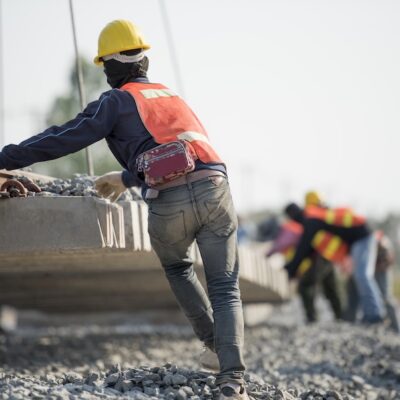Green buildings worth the investment
Sustainable building no longer has to prove its economic worth – the business case more than stacks up in terms of lower operating and life cycle costs, and improved value for owners.
876
Sustainable building no longer has to prove its economic worth – the business case more than stacks up in terms of lower operating and life cycle costs, and improved value for owners.
The Business Case for Green Building, a comprehensive report published by the World Green Building Council, shows that green construction doesn’t need to cost more than conventional building – and where there is a cost premium, energy and other savings typically more than make up for that within a reasonable payback period.
Recent New Zealand research into the construction costs of 17 Green Star buildings, has shown in general they don’t cost more than conventional buildings, with some costing as much as a third less[i].
Chief Executive of the World Green Building Council Jane Henley, is in Auckland to talk about The Business Case for Green Building on Thursday 26 September.
The Business Case synthesises the findings of more than 100 international peer reviewed studies and reports on green building. Its findings include:
– The cost premium for the majority of certified green buildings is 0% to 4% – markedly different to the perceived cost premium of up to 29%.
– Building green doesn’t need to cost more – particularly when cost and environmental strategies are integrated into the process from the start.
– Design and construction costs of green building globally are trending downwards as the industry matures.
Sustainable buildings are also proven to have lower long-term operating costs – including energy, water use and maintenance – and to deliver marked improvements in staff productivity, health and wellbeing, all of which impact positively on business bottom lines.
Studies show productivity gains of up to 11% through better ventilation, up to 23% through better lighting, and up to 18% through views and access to the natural outdoors.
Green buildings are also shown to be more highly valued, generating higher sales prices, higher occupancy, and better returns for owners. In fact, in markets where green building is more mainstream, there is evidence of emerging ‘brown discounts’ for non-green buildings.
Jane Henley will be joined by Richard Palmer, Associate Director, WSP Built Ecology who will talk about Green Leasing – Contract and Financial Frameworks for Green Buildings.
“This report synthesizes credible evidence from around the world on green buildings into one collective resource, and the evidence presented highlights that sustainable buildings provide tangible benefits and make clear business sense,” said Henley.
“From risk mitigation across a building portfolio and city-wide economic benefits, to the improved health and well-being of occupants, the business case for green building will continue to evolve as markets mature. Indeed we have already seen this momentum grow globally where in more and more places, green is now becoming the status quo.”





